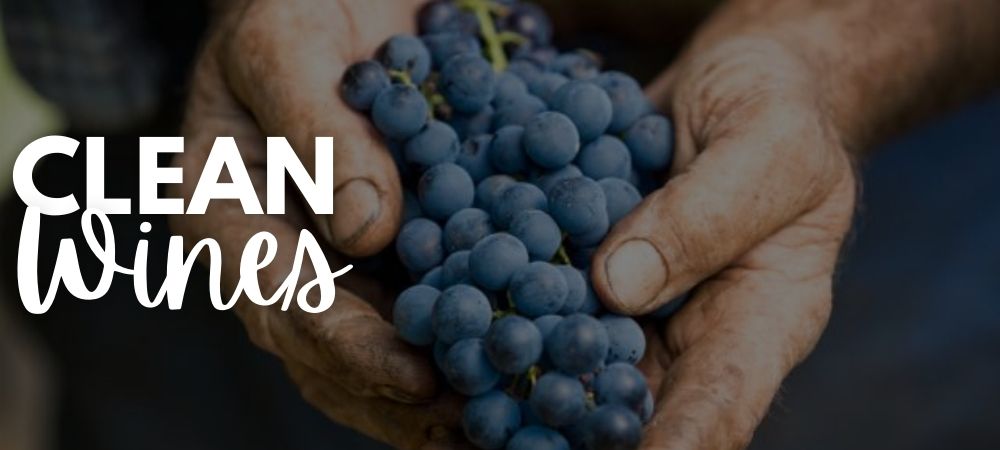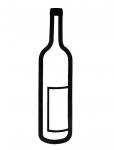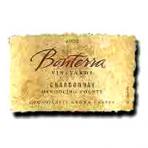Sustainable, Organic, Biodynamic & Natural Wines
If it’s fair to say not all wines were created equal, then it’s absolutely true regarding the manner in which they’ve been farmed. There’s quite a bit of confusion surrounding the subject of Organic wines and justifiably so. The truth is, there are significant differences in how each country defines each word and the laws around labeling them. For instance, European Organic Wine does not meet US Organic standards and therefore cannot be labeled as such. Regardless of how a ‘Green Wine’ is labeled, what matters most is the vigneron’s intention to make a better wine more closely aligned to mother nature. Let’s shed some light on what each Classification means.
Sustainable.
Not defined by any Government or Organizational standard, the term Sustainable refers to producers whose goals are to be conscientious of their overall impact. Though many sustainable wineries deploy organic & biodynamic farming practices, they don’t certify as such. This is in effort to leave more options to mitigating any issues they may deal with specific to their property and vineyards. Additionally, Sustainable wineries focus on a wider scope of environmental impact such as water conversation, energy efficiencies, vineyard wildlife & more.
Organic.
The term Organic refers to the exclusion of foreign elements in the creation of a product. When discussing Organic wine there are really TWO components to consider: Vineyard Management & Winemaking.
- Organic Vineyards do not use synthetic fertilizers, herbicides, fungicides or pesticides. Rather they promote a diversity in the soil and allow development of specific cover crops to impart nutrients in the vineyards. Pests are dealt with through the introduction of natural predators, such as birds and ladybugs. The resulting soils are nutrient dense, free of pests and develop healthier, stronger vines resistant to disease. These standards are consistent around the globe.
- Organic Winemaking is where the lines blur depending on where the wine is made. The difference in standards resides entirely with the addition of sulfites (Sulfur Dioxide or SO2), a preservative added to stabilize a finished wine. A wine without added SO2 is susceptible to unwanted microbial activity, premature oxidation & refermentation in bottle. There are of course small amounts of naturally occurring SO2 as a result of fermentation, however most winemakers argue there’s not enough to make a wine suitable for wide distribution.
Most major wine producing countries allow Organic wines to have added SO2 in small amounts to help preserve their products. Though standards vary around the world, the United States is the only major country preventing the use of any added components to a finished wine labeled as ‘Organic’. So a wine deemed ‘Organic’ in Europe may not meet this standard and is therefore labeled ‘Made with Organic Grapes’. If a wine in the US Marketplace states it is ‘Organic’, it was farmed as such and made without additional SO2.
Biodynamic.
Referring to vineyard management, Biodynamic is organic vineyard management combined with a series of principles first developed by Rudolf Steiner. Steiner argued a truly sustainable approach to agriculture takes a holistic view of the farm. Each component of the ecology is interdependent and contribute to the greater circle of life. Farming practices encourage this logic with actions aligned to lunar cycles and planetary position.
Natural Wines.
This is where things get tricky. There is no true definition of a ‘Natural Wine’ and if anything, it’s more of a philosophical approach to winemaking. In essence, a Natural wine is one made with no or low intervention in the process of winemaking. Meaning only native yeast is used to ferment, no sulphur or additives are used. Fermentations take their own path based on naturally occuring elements in the must and winemakers bottle without fining or filtering. This puts forth a unique finished product that can be either delicious or flat-out funky. They can be serious swings in quality from bottle to bottle. Natual winemakers even their entire crop to risk if they chose not to intervene in a way Organic winemakers would.









































